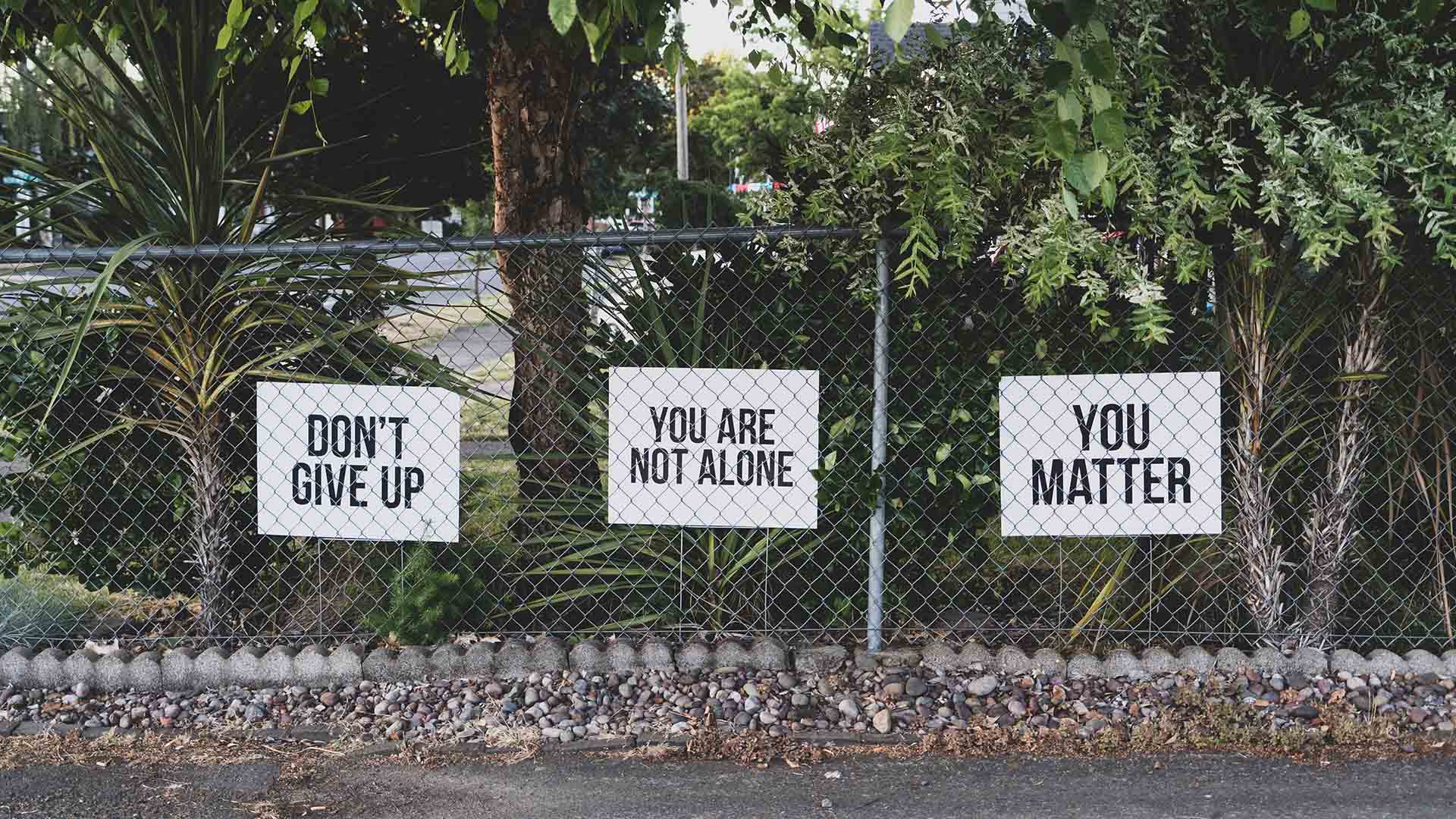Elevate Your Mood: 10 Happiness Hacks Proven By Science
Happiness is an elusive goal; everyone seems to want it, but we don’t really know how to be happy and stay happy.
Whether you have five minutes to relax in or are trying to make a long-term positive life change, these 10 hacks have been researched and proven to really increase happiness:
1. Think of happy times and smile
Feeling nostalgic about the past can make you feel happier and more optimistic about the future, and thinking about something positive that makes you smile makes you feel happier. Likewise, genuine smiling and listening to happy music can also help bring back positive memories. Don't believe us? Research out of Clark University in Worcester, Massachusetts, revealed that smiling appears to activate the happiness centres of the brain.
2. Take a nap
A 2011 study done by The British Psychological Society showed that people who stayed awake throughout the day became increasingly more sensitive to negative emotions, while those who took an afternoon nap were more responsive to positive ones. Sleep deprivation increases stress levels and the importance of quality sleep cannot be underestimated.
3. Enjoy the outdoors
There are many health benefits to spending time in nature, and spending as little as 20 minutes outdoors in good weather not only boosts a positive mood, but also broadens thinking and improves the working memory. A study from The London School of Economics and Political Science found that being outdoors on a warm, sunny weekend afternoon is the perfect spot for most, and that people were substantially happier outdoors in all-natural environments than in urban environments.
4. Socialise more
Spending quality time with the people we care about is very beneficial to improving our happiness and our overall quality of life. Not only does a healthy social life make you happier, but it can also make you live a richer life but a healthy social connection is one of the biggest factors affecting happiness according to the Harvard Study of Adult Development.
5. Meditate
Meditation is helpful in lowering stress levels and reducing symptoms of mild depression, while improving emotional well-being and quality of sleep. Mindful meditation helps improve focus, clarity, attention span, calmness, and so ultimately, our happiness. In fact, a research team from Massachusetts General Hospital looked at the brain scans of 16 people before and after they participated in an eight-week course in mindfulness meditation, and concluded that after completing the course, parts of the participants’ brains associated with compassion and self-awareness grew, and parts associated with stress shrank.
6. Keep a gratitude journal
Gratitude is simply being the act of being thankful for what you have, however simple or small they may be. For instance, sometimes five minutes to simply have a cup of tea in peace can go a long way in boosting happiness and calm. There is a strong correlation between gratitude and well-being, as practicing gratitude has been proven to increase happiness, especially when starting at a young age. A study from Journal of Personality and Social Psychology suggests that a conscious focus on blessings (practicing gratitude) have emotional and interpersonal benefits.
7. Exercise
Going for a run or doing any form of physical activity boosts the brain's release of endorphins, feel-good neurotransmitters that can improve mood and well-being, as people who exercised felt happier about their body’s shape and health. Bonus: A study in the Journal of Health Psychology reported that people who exercised were happier because they felt better about their bodies.
8. Cuddle up with your fur baby
Pet ownership has been linked with increased well-being, and studies show that petting a furry friend can increase activity in the left-side of the brain, which is associated with pleasure and happiness. A 2017 study published in the journal Frontiers in Psychology states that simply being around your dog amps up your levels of the happy chemical oxytocin. So next time you’re feeling blue, take your furry best friend for a walk, cuddle up for a movie, or play fetch.
9. Volunteer or perform an act of kindness
“Intentionally set a goal to be kinder to others,” experts at the Mayo Clinic suggest . Helping others or doing something nice for them could go a long way towards helping yourself, while volunteering is rewarding in terms of higher life satisfaction, both of which boost happiness and ease depression. Ever wondered why most millionaires and billionaires are very active in philanthropy? It’s because spending money on other people (also called prosocial spending) boosts more happiness than buying things for ourselves. And helping others doesn’t always mean you need to spend money; spending time is also a form of volunteering. Research shows that spending just two hours per week dedicated to helping others is the optimal time we should spend in order to enrich our own lives and be happier.
10. Put down your cell phone
A study by Kent State University found that frequent cellphone use was associated with lower grades, higher anxiety, and reduced happiness. Excessive use of even the best technologies reduces our happiness in meaningful ways. It’s no surprise that frequent cell phone use was associated with lower productivity, higher anxiety and reduced happiness, as it means having less contact with live social networks, leaving people with a heightened sense of emptiness when they compare their lives to those portrayed on social media. #FOMO is a real thing for some people, causing anxiety and depression when they perceive others to be happier and more socially active than themselves.
For the latest updates on Wonderwall.sg, be sure to follow us on TikTok, Telegram, Instagram, and Facebook. If you have a story idea for us, email us at [email protected].

/roundup_5_april_2024_rectangle.jpg?sfvrsn=21b9d2d9_1)









